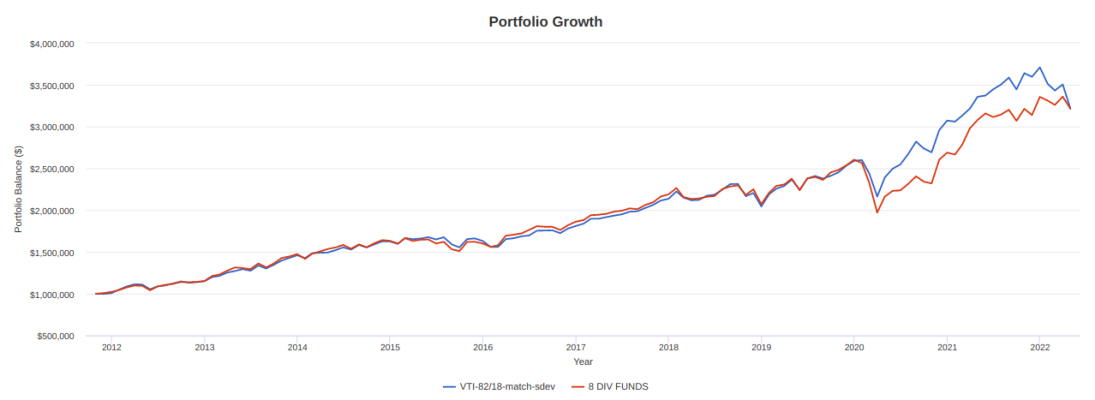COcheesehead
Give me a museum and I'll fill it. (Picasso) Give me a forum ...
That makes no sense to me. If my dividends pay off my last dividends, it is compounding. I don't care about share price (it's ALL speculative whereas dividends are mostly based on company profits) Please explain.
If your stock is worth $10 and they declare a $1 dividend, it drops to $9 on ex date. On pay day it goes back to $10.




